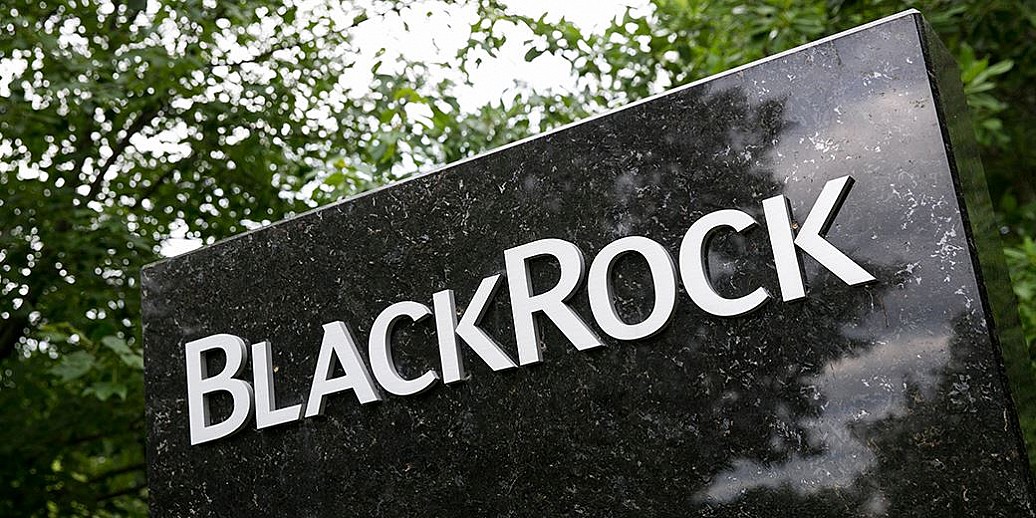BlackRock Discusses Crypto ETF Options, Tokenization, and Staking in SEC Meeting
09.05.2025 22:15 1 min. read Alexander Stefanov
BlackRock is ramping up its engagement with U.S. regulators, meeting with the SEC’s Crypto Task Force on May 9 to present its growing suite of digital asset products and to push forward conversations around the evolving regulatory landscape.
The firm outlined offerings such as its spot Bitcoin ETF (IBIT), Ethereum fund (ETHA), and its tokenized liquidity fund (BUIDL), using the session to showcase how these products align with current market trends.
The dialogue extended into broader regulatory themes, including staking frameworks, tokenized securities, and how crypto-based exchange-traded products (ETPs) might meet compliance under U.S. securities laws.
A significant portion of the meeting focused on approval conditions for crypto ETPs. BlackRock sought clarity on meeting the requirements under Section 6(b) of the Securities Exchange Act and discussed the possibility of introducing a temporary regulatory structure to guide the approval process for these evolving products.
The conversation also touched on future options trading tied to crypto ETPs, with a technical discussion around setting risk limits, usage thresholds, and liquidity metrics to ensure market integrity.
This meeting signals BlackRock’s ongoing effort to shape policy in tandem with regulators, aiming to align institutional crypto finance with the SEC’s expectations.
-
1
Polygon Breaks from Decentralization as Sandeep Nailwal Assumes Full Control
11.06.2025 20:00 2 min. read -
2
KuCoin Plants Its Flag in Bangkok With a Licensed Thai Exchange
14.06.2025 13:00 1 min. read -
3
Nvidia CEO Urges UK to Invest in AI Infrastructure or Risk Falling Behind
10.06.2025 9:00 1 min. read -
4
Why Gold Could Be the Smart Play Amidst US Debt Surge
11.06.2025 11:00 1 min. read -
5
Warren Buffett Narrows His Bets as He Prepares to Step Down
14.06.2025 16:00 2 min. read
What Brian Armstrong’s New Stats Reveal About Institutional Crypto Growth
Coinbase CEO Brian Armstrong has spotlighted a significant acceleration in institutional crypto adoption, driven largely by the surging popularity of exchange-traded funds and increased use of Coinbase Prime among major corporations.
What Will Happen With the Stock Market if Trump Reshapes the Fed?
Jefferies chief market strategist David Zervos believes an upcoming power shift at the Federal Reserve could benefit U.S. equity markets.
U.S. Bank Advises Clients to Drop These Cryptocurrencies
Anchorage Digital, a federally chartered crypto custody bank, is urging its institutional clients to move away from major stablecoins like USDC, Agora USD (AUSD), and Usual USD (USD0), recommending instead a shift to the Global Dollar (USDG) — a stablecoin issued by Paxos and backed by a consortium that includes Anchorage itself.
Vitalik Buterin Warns Digital ID Projects Could End Pseudonymity
Ethereum co-founder Vitalik Buterin has voiced concerns over the rise of zero-knowledge (ZK) digital identity projects, specifically warning that systems like World — formerly Worldcoin and backed by OpenAI’s Sam Altman — could undermine pseudonymity in the digital world.
-
1
Polygon Breaks from Decentralization as Sandeep Nailwal Assumes Full Control
11.06.2025 20:00 2 min. read -
2
KuCoin Plants Its Flag in Bangkok With a Licensed Thai Exchange
14.06.2025 13:00 1 min. read -
3
Nvidia CEO Urges UK to Invest in AI Infrastructure or Risk Falling Behind
10.06.2025 9:00 1 min. read -
4
Why Gold Could Be the Smart Play Amidst US Debt Surge
11.06.2025 11:00 1 min. read -
5
Warren Buffett Narrows His Bets as He Prepares to Step Down
14.06.2025 16:00 2 min. read


